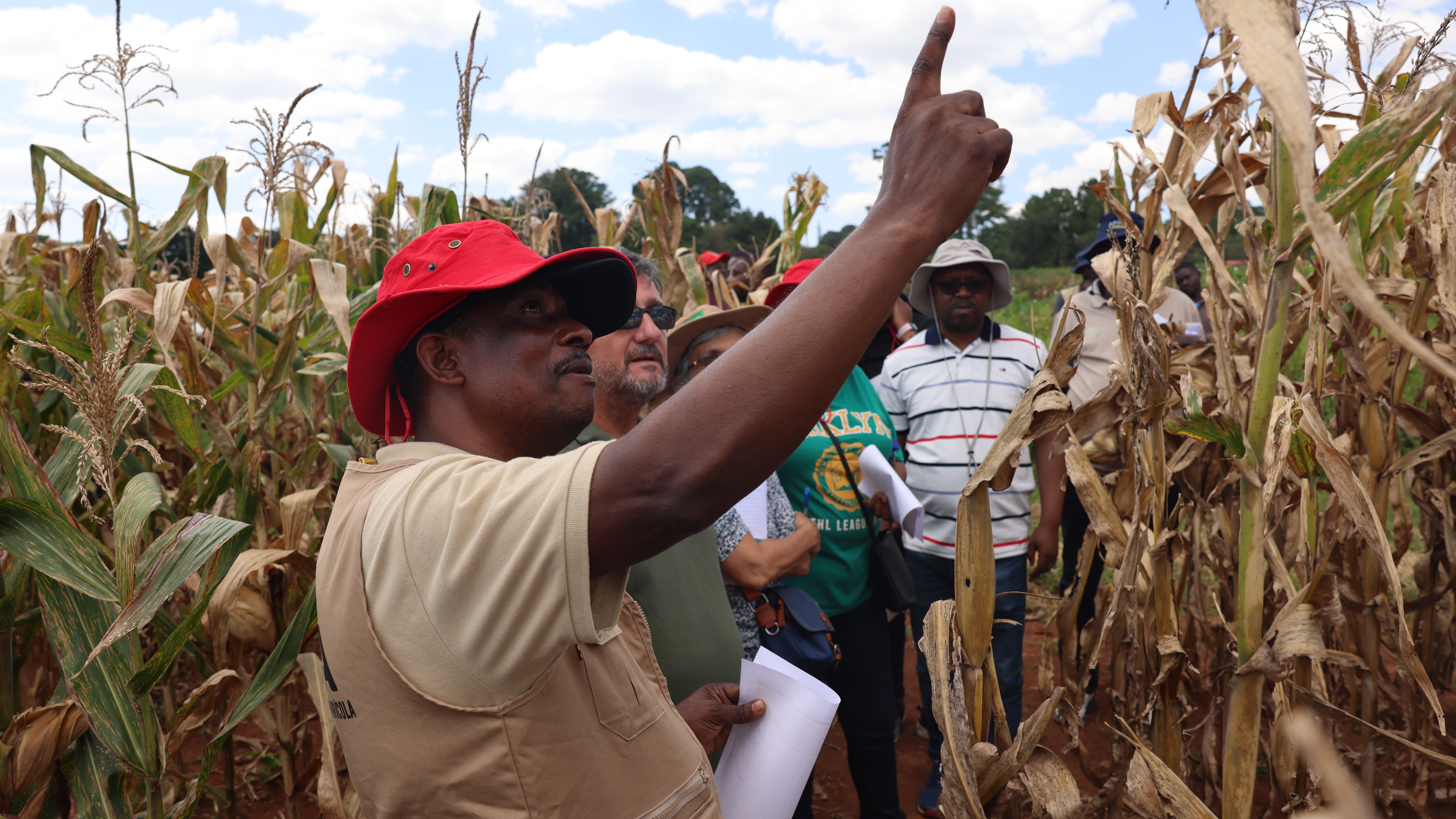The feasibility of low emissions development interventions for the East African livestock sector: Lessons from Kenya and Ethiopia
Livestock production is the largest source of greenhouse gas (GHG) emissions from agriculture (Smith et al. 2014, Tubiello et al. 2014). In terms of global averages, the emission of methane as a result of enteric fermentation in the digestion process of ruminants produces about 40% of the total emissions. In Africa, although total emissions from livestock are still lower than in the member states of the Organization for Economic Cooperation and Development (OECD), the emissions intensities per unit of animal product produced are very high (Herrero et al. 2013), which is a cause for concern given the rapid growth projected for the sector.
Ericksen, Polly J. and Crane, Todd A. 2018. The feasibility of low emissions development interventions for the East African livestock sector: Lessons from Kenya and Ethiopia. ILRI Research Report 46. Nairobi, Kenya: ILRI.







